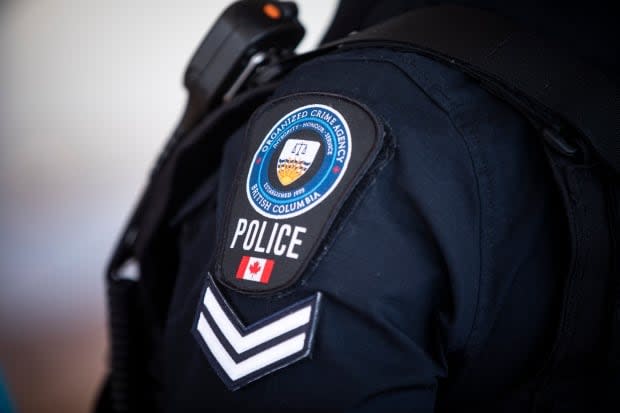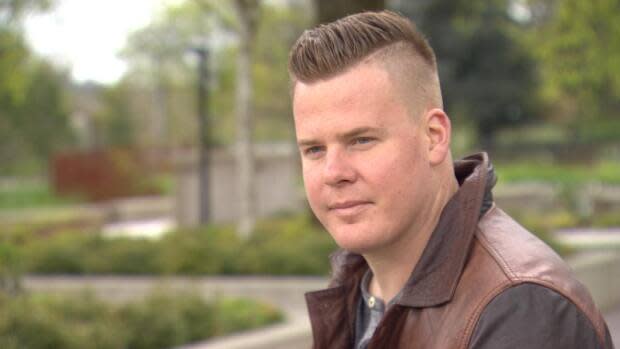Metro Vancouver gang recruitment should be treated like public health issue, says deputy police chief

As gang conflict continues to rise once again in Metro Vancouver, a deputy police chief is calling for more coordination to prevent youth from joining the gang lifestyle.
In the past three weeks, seven men have been shot dead in public places as prominent as the Vancouver International Airport and outside popular restaurants.
Deputy Chief Const. Steve Rai says similar to addiction, the problem of gangs recruiting young men and boys needs to be tackled like a public health issue and poor mental health needs to be recognized as one of the factors. Bravado and machismo combined with learning disabilities, personality disorders or other mental health issues make some young men more likely to take up with dangerous friends, he said.
Rai said there are a lot of organizations doing excellent work in keeping young people away from gangs, but there hasn't been a real change because there isn't any coordination.
"It's piecemeal. It's in silos ... they're not really under one umbrella or a global mandate like we have on other big-ticket items from government like ... overseeing addiction and opioids," he said.
"I just think there needs to be a better higher-level leadership coordination type of approach to this."
During his 30-year career, he's observed that the province's gang violence seems to spike each decade and it's time to change our approach.
"This is the third big cycle we've seen. I saw it in the '90s, saw it in the 2000s, and now we see it here in 2021," Rai said on the CBC's The Early Edition. "I think it's a public health issue ... I think we need a re-calibration of the discussion around how youth are entering."

Gangs seek new recruits
Jordan Buna, an ex-Vancouver gang member who was recruited the after graduating high school said he had a tough time in school after Grade 8 when he was diagnosed with ADHD.
"I got involved with a pretty negative peer group right out of the gate in my Grade 8 year," Buna said, "but I actually managed to get treatment for ADHD with the help of my parents ... and graduate high school."
He said was groomed by a group of gang members while working at a restaurant and slowly got involved in the gang life by picking up and dropping things off. Ultimately, he was recruited into the drug trade.
"These guys were really good at picking up on who I was. They started chatting with me pretty quickly.
"I remember actually feeling genuinely lucky that I'd met these guys because I felt like I had a chance at big money," he said, "It took me a really long time to realize that what these guys were selling me and what this lifestyle was all about was not what it seemed on the surface."
LISTEN | Deputy Chief Const. Steve Rai and Jordan Buna talk about gangs recruiting youth on the CBC's The Early Edition:

 Yahoo Movies
Yahoo Movies 